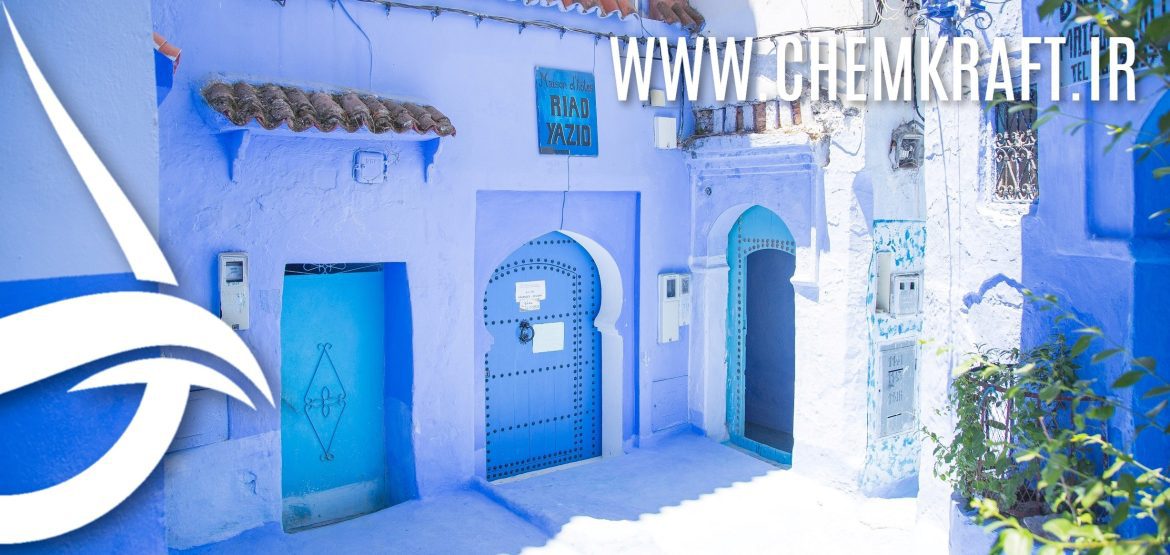Introduction:
Caustic Soda Imports in North Africa: North Africa, with its diverse economies and industries, has a growing demand for essential chemicals, including caustic soda. This essay explores the caustic soda importing countries in North Africa, shedding light on the challenges and opportunities that characterize their engagement with this crucial chemical compound.
1. Egypt: Economic Hub and Industrial Growth:
Egypt, as a significant economic hub in North Africa, is a notable importer of caustic soda. The country’s growing industrial base, spanning textiles, chemicals, and paper, contributes to the increasing demand for caustic soda. The challenge for Egypt lies in ensuring a stable supply chain amidst economic fluctuations and leveraging its strategic position for advantageous trade agreements.
2. Algeria: Industrial Development and Diversification:
Algeria, with its ambitious industrial development plans, relies on caustic soda for various manufacturing processes. The challenge and opportunity for Algeria lie in diversifying its sources of caustic soda imports, thereby reducing dependency on specific suppliers. Strategic partnerships and trade agreements can enhance Algeria’s resilience in the face of global market dynamics.
3. Morocco: Emerging Industrial Powerhouse:
Morocco’s emergence as an industrial powerhouse in North Africa fuels its demand for caustic soda. As industries like textiles and chemicals expand, Morocco faces the challenge of balancing economic growth with sustainable practices. The opportunity lies in adopting eco-friendly technologies and establishing itself as a responsible caustic soda importer in the global market.
4. Tunisia: Economic Reforms and Trade Dynamics:
Tunisia’s economic reforms and trade dynamics position it as a growing importer of caustic soda. The challenge for Tunisia is to navigate economic reforms effectively, ensuring that industrial growth aligns with sustainable practices. Opportunities arise in leveraging caustic soda imports to boost the competitiveness of Tunisia’s manufacturing sector.
Challenges for Caustic Soda Imports in North Africa
1. Economic Fluctuations:
Economic fluctuations can impact the purchasing power of North African countries, affecting the affordability of caustic soda imports. Implementing robust economic policies and risk mitigation strategies is crucial to addressing this challenge.
2. Dependency on Foreign Suppliers:
Many North African countries heavily depend on foreign suppliers for caustic soda. Political instability or trade disputes in supplier countries can disrupt the supply chain. Diversifying sources through regional partnerships and exploring new suppliers can mitigate this risk.
3. Environmental Sustainability:
As global focus on sustainability intensifies, North African countries face the challenge of incorporating environmentally friendly practices in their industries. Caustic soda production often involves energy-intensive processes, necessitating a balance between industrial growth and environmental responsibility.
4. Technological Gaps:
Some North African countries may face technological gaps in caustic soda production processes. Bridging these gaps through investments in research and development can enhance efficiency and competitiveness.
Opportunities in Caustic Soda Imports in North Africa
1. Sustainable Practices:
Adopting sustainable practices in caustic soda usage and production presents an opportunity for North African countries to align with global environmental standards. Implementing eco-friendly technologies can enhance the image of these countries in the international market.
2. Regional Collaboration:
North African countries can explore opportunities for regional collaboration in the caustic soda trade. Shared infrastructure projects, joint ventures, and collaborative research efforts can strengthen the region’s position in the global market.
3. Industry Diversification:
Diversifying industries that utilize caustic soda can open up new opportunities. Encouraging the growth of sectors beyond textiles and chemicals, such as water treatment and pharmaceuticals, can contribute to increased caustic soda demand.
4. Trade Agreements:
Negotiating favorable trade agreements can enhance the affordability and accessibility of caustic soda imports. Strengthening diplomatic and economic ties with key exporting nations can lead to mutually beneficial agreements.
Conclusion:
North African countries, with their burgeoning industrial sectors, play a crucial role in the global caustic soda market as importers. While challenges such as economic fluctuations and dependency on foreign suppliers exist, opportunities for sustainable practices, regional collaboration, industry diversification, and advantageous trade agreements abound. By strategically addressing these challenges and leveraging opportunities, North African nations can position themselves as key players in the international caustic soda trade, contributing to both regional economic development and global chemical industry sustainability.










